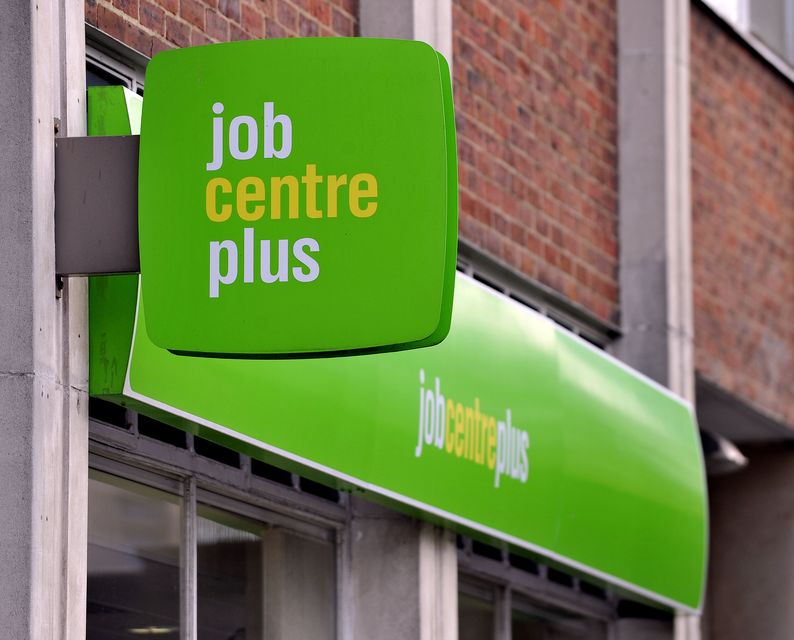Some people on benefits are “taking the mickey” but “there are many more people who want to work”, the Work and Pensions Secretary has said.
Liz Kendall’s comments come as a report from the Department of Work and Pensions (DWP) found 49% of health and disability benefits recipients reported feeling they would never be able to work or work again, of which 66% felt their health was likely to get worse in the future.
The report found that 27% felt they might be able to work in future but only if their health improved, increasing to 44% of recipients whose main health condition was related to mental health.
Work and Pensions Secretary Liz Kendall said there are ‘a lot of people’ claiming sickness or disability benefits who want to work (Joe Giddens/PA)
Ms Kendall told ITV: “I think what the survey shows today is that despite all the myths, a lot of people who are currently on sickness or disability benefits want to work.”
Asked if people on benefits are “pretending they can’t work” she added: “Many of them have either just lost jobs that they desperately miss, or really want to get back into to work once they’ve got their health condition under control.
“So I think that there are many more people who want to work. I have no doubt, as there always have been, there are people who shouldn’t be on those benefits who are taking the mickey and that is not good enough – we have to end that.”
Prior to the general election former prime minister Rishi Sunak called for an end to “sick note culture” and warned against “over-medicalising the everyday challenges and worries of life”.
Ms Kendall said: “There is genuinely a problem with many young people, particularly the Covid generation, but we can’t have a situation where doing a day’s work is in itself seen as stressful.”
She added: “I went to visit one of my local supermarkets recently to see the brilliant work they’re doing with the charity to get young people into work. And we saw two things.
Ms Kendall’s comments come as a report from the DWP found 49% of health and disability benefits recipients reported feeling they would never be able to work (Joe Giddens/PA)
“One was young people with genuine mental health problems, who the supermarket was doing great stuff to help them get work and stay in work.
“But also the managers saying there were some young people who felt just turning up on time or working the day that they needed to, not always taking breaks – they had to understand that that was the world of work, that was just the nature of life and that isn’t stress or pressure.”
The survey also showed that two in five recipients were on a waiting list for treatment for their health condition and 50% who were out of work felt their ability to work was dependent on receiving treatment.
Ms Kendall said the Government is determined to “act and put that support in place”, rather than “writing people off” and “blaming them like the last Conservative government did.”
She said: “I don’t blame people for thinking that they can’t, because they’re stuck on a waiting list for treatment. They haven’t had the proper support that they might need from the job centre or the skills that they need to get the jobs, we’ve also got to create more jobs in the areas that need them most.
“So I’m under no illusions about the scale of the challenge that we’ve got. I believe more of those people could work. But even if we just start with those who say they can, we need to do more to get them back into work.”
The Work Aspirations of Health and Disability Claimants report is based on a survey of 3,401 health and disability benefit recipients, including those receiving Personal Independence Payment (PIP), Employment and Support Allowance (ESA), and those on the Universal Credit (UC) Health Journey.

